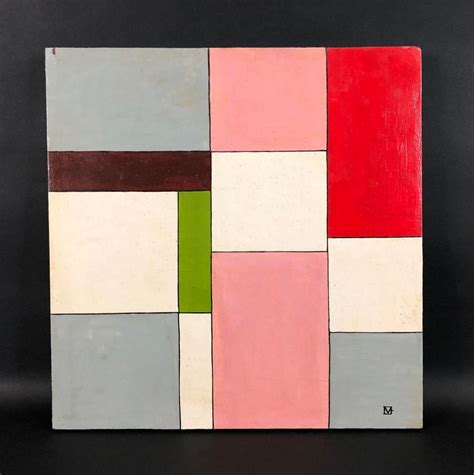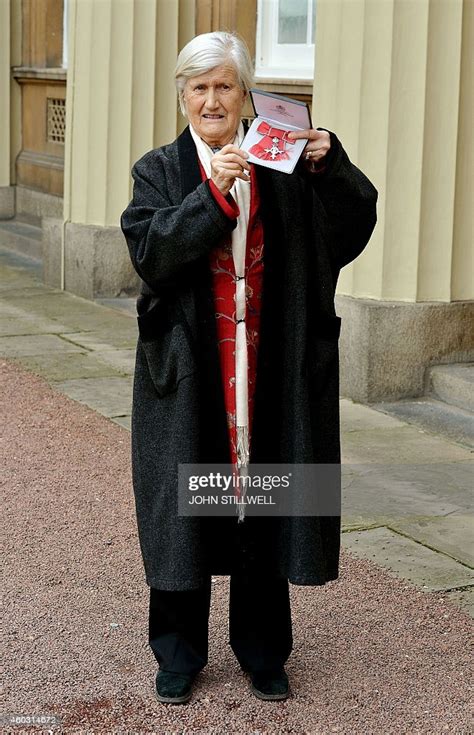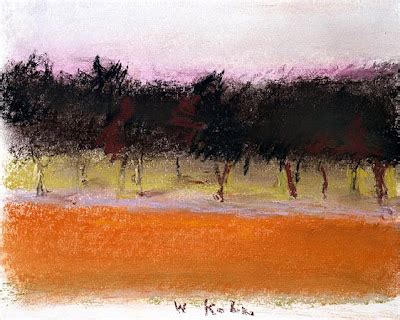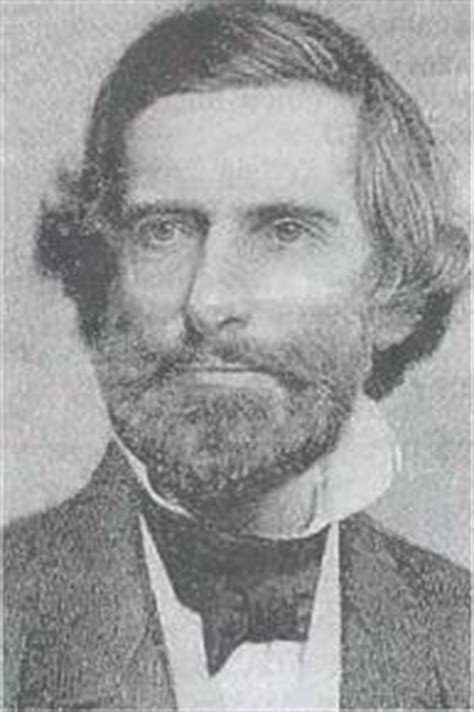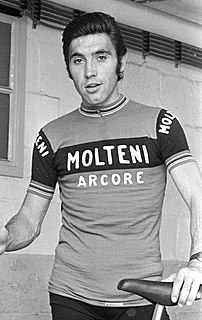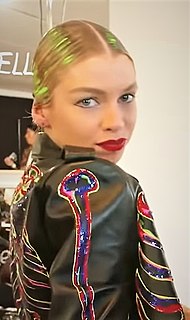A Quote by Georges Vantongerloo
One paints from nature not in order to copy, but to express feelings of grandeur.
Related Quotes
The sublime can only be found in the great subjects. Poetry, history and philosophy all have the same object, and a very great object-Man and Nature. Philosophy describes and depicts Nature. Poetry paints and embellishes it. It also paints men, it aggrandizes them, it exaggerates them, it creates heroes and gods. History only depicts man, and paints him such as he is.
... social roles vary in the extent to which it is culturally permissible to express ambivalence or negative feelings toward them.Ambivalence can be admitted most readily toward those roles that are optional, least where they are considered primary. Thus men repress negative feelings toward work and feel freer to express negative feelings toward leisure, sex and marriage, while women are free to express negative feelings toward work but tend to repress them toward family roles.
The eighteenth-century view of the garden was that it should lead the observer to the enjoyment of the aesthetic sentiments of regularity and order, proportion, colour and utility, and, furthermore, be capable of arousing feelings of grandeur, gaiety, sadness, wildness, domesticity, surprise and secrecy.
I wished to acquire the simplicity, native feelings, and virtues of savage life; to divest myself of the factitious habits, prejudices and imperfections of civilization; ... and to find, amidst the solitude and grandeur of the western wilds, more correct views of human nature and of the true interests of man. The season of snows was preferred, that I might experience the pleasure of suffering, and the novelty of danger.
